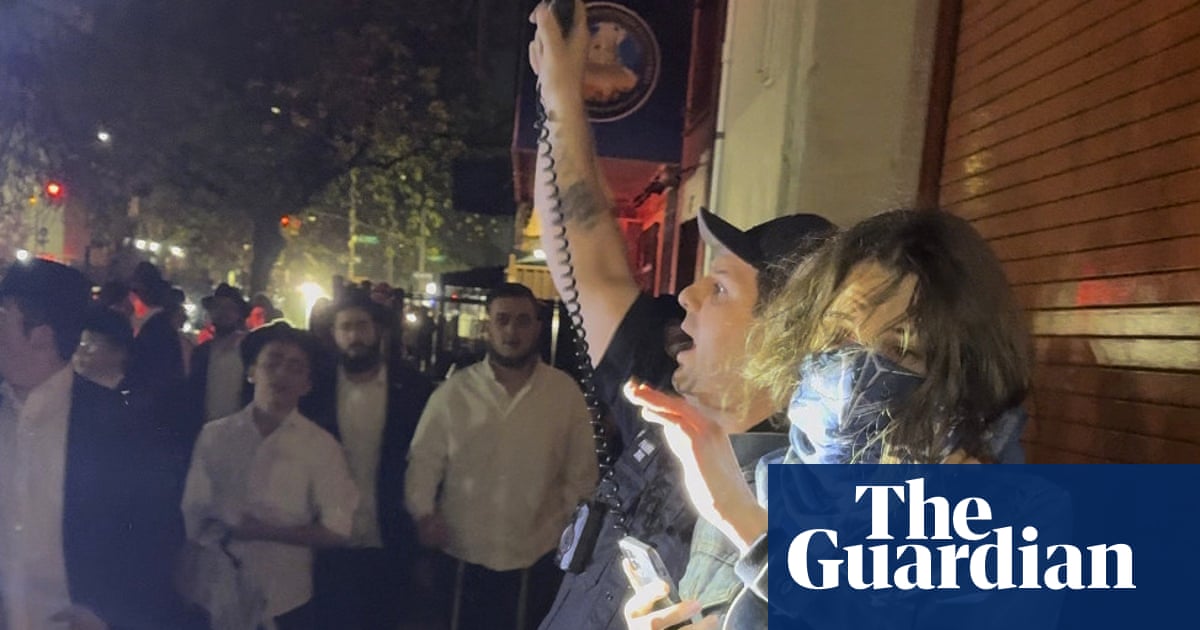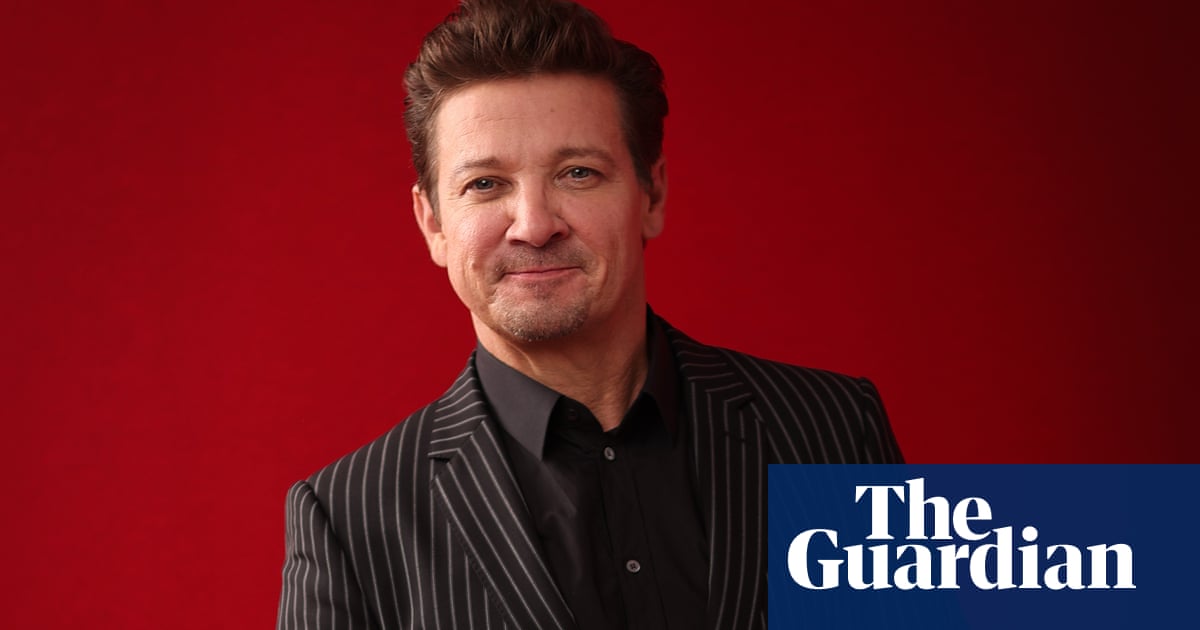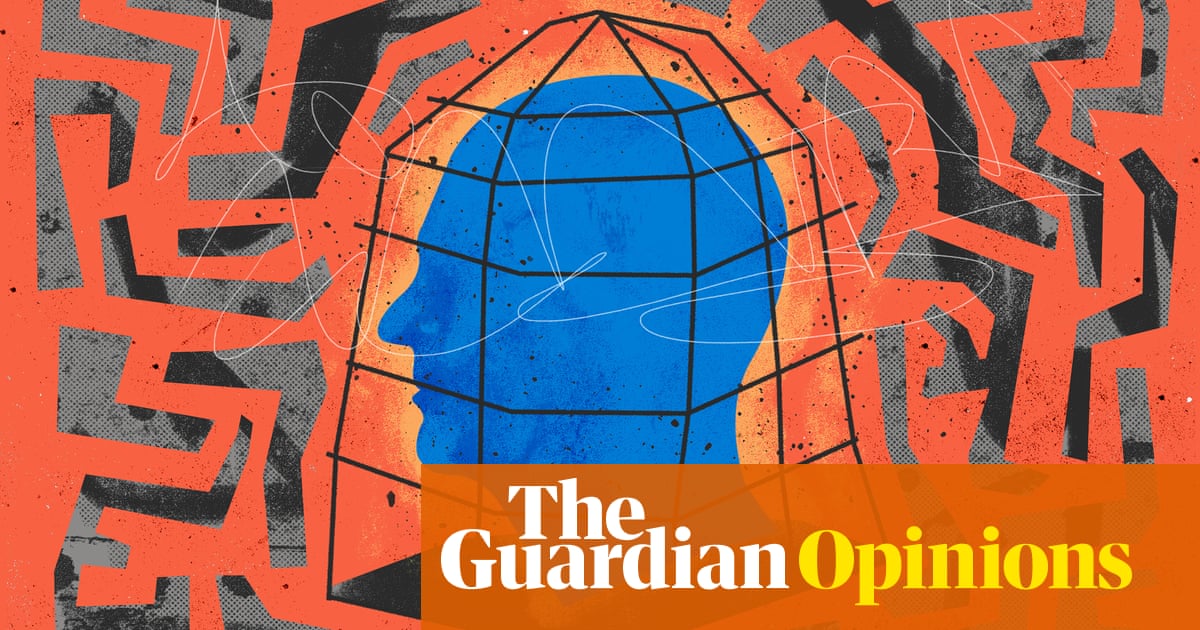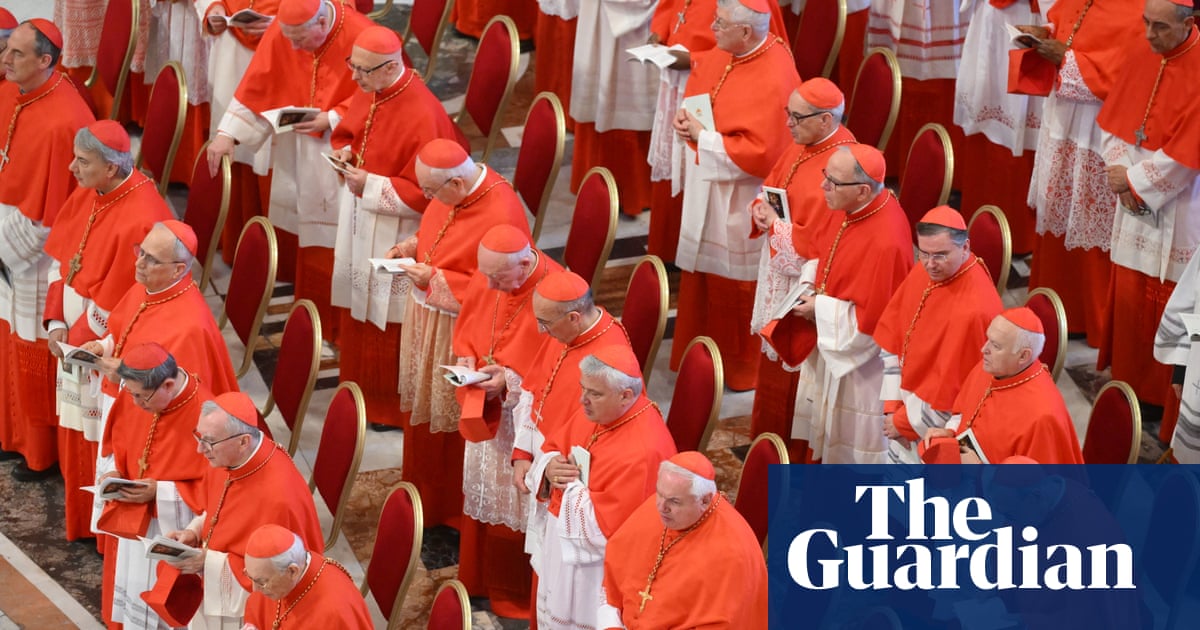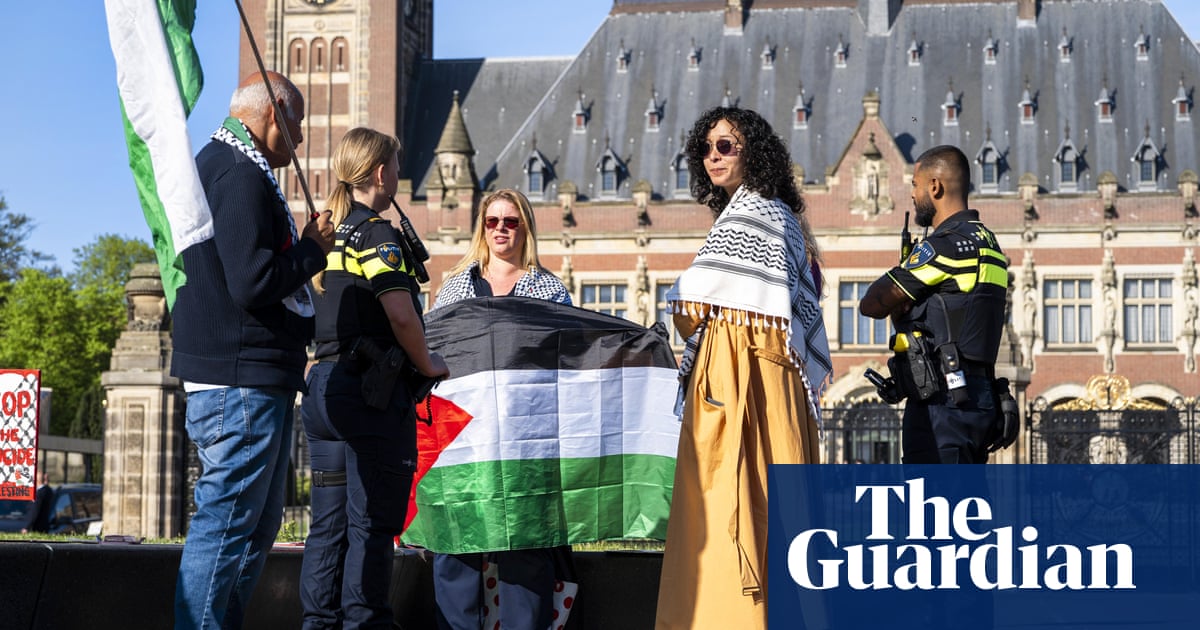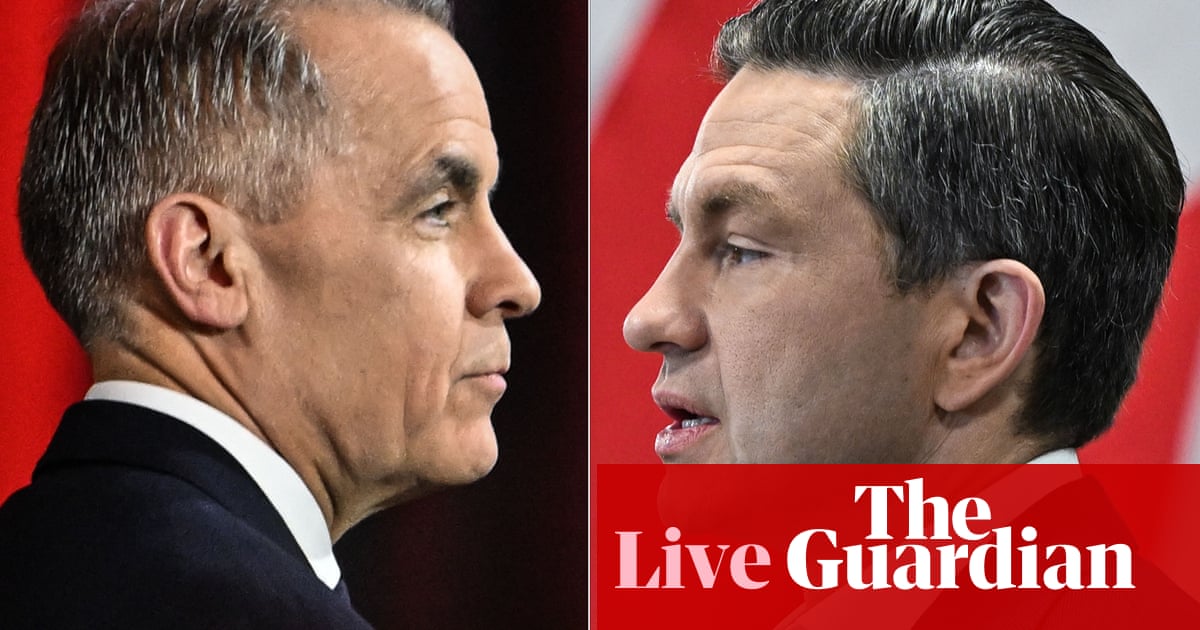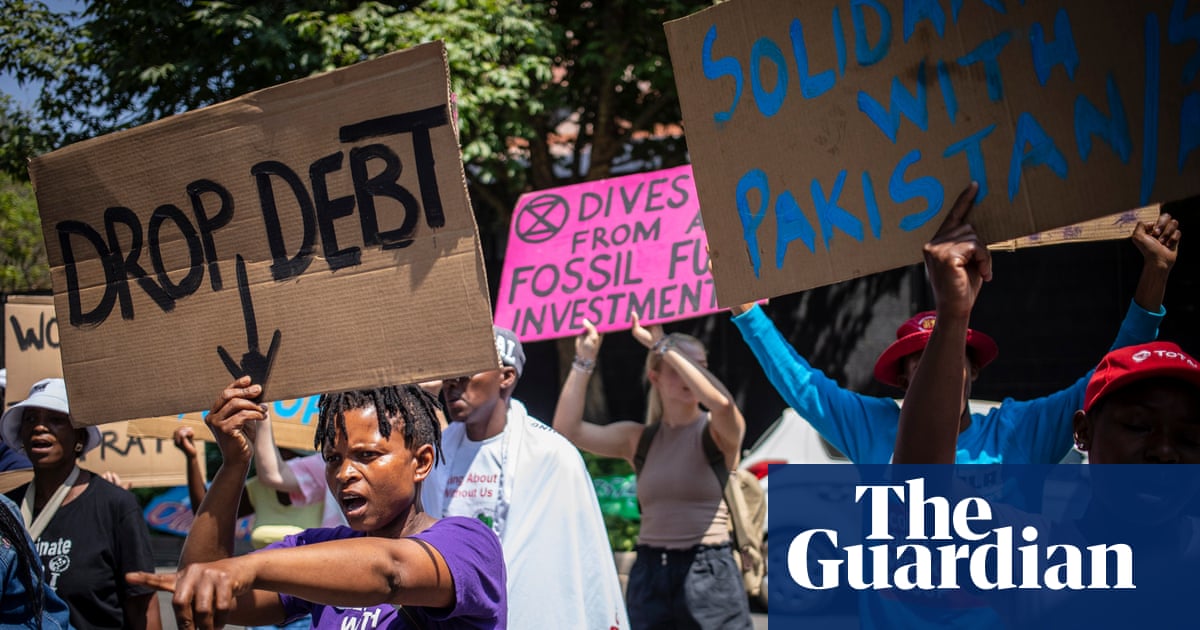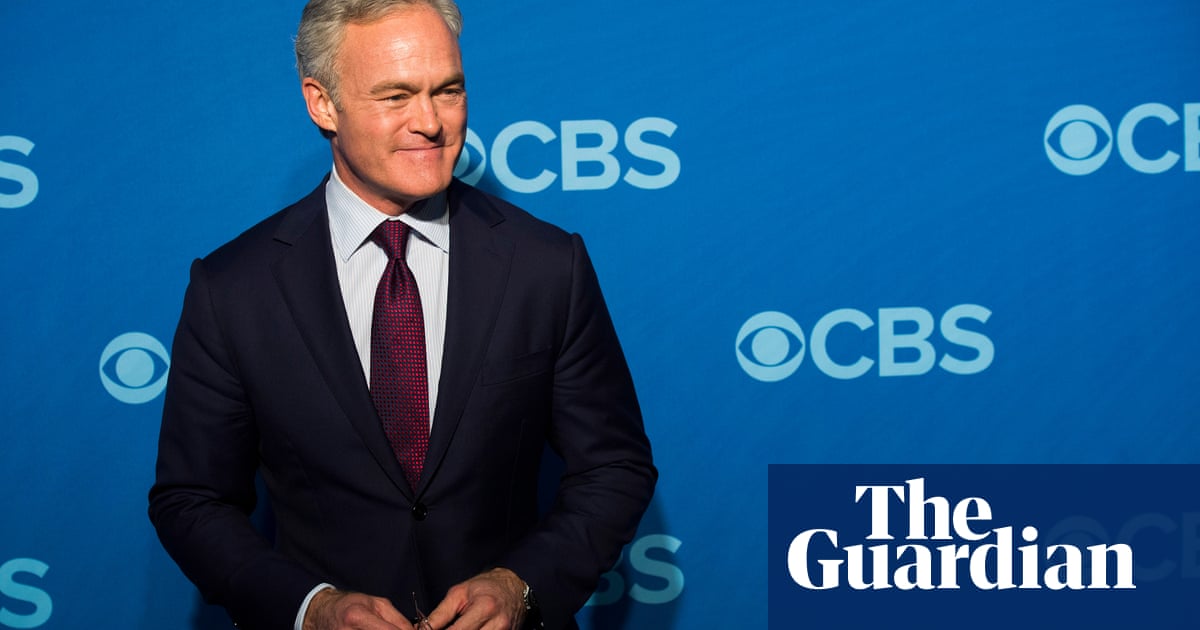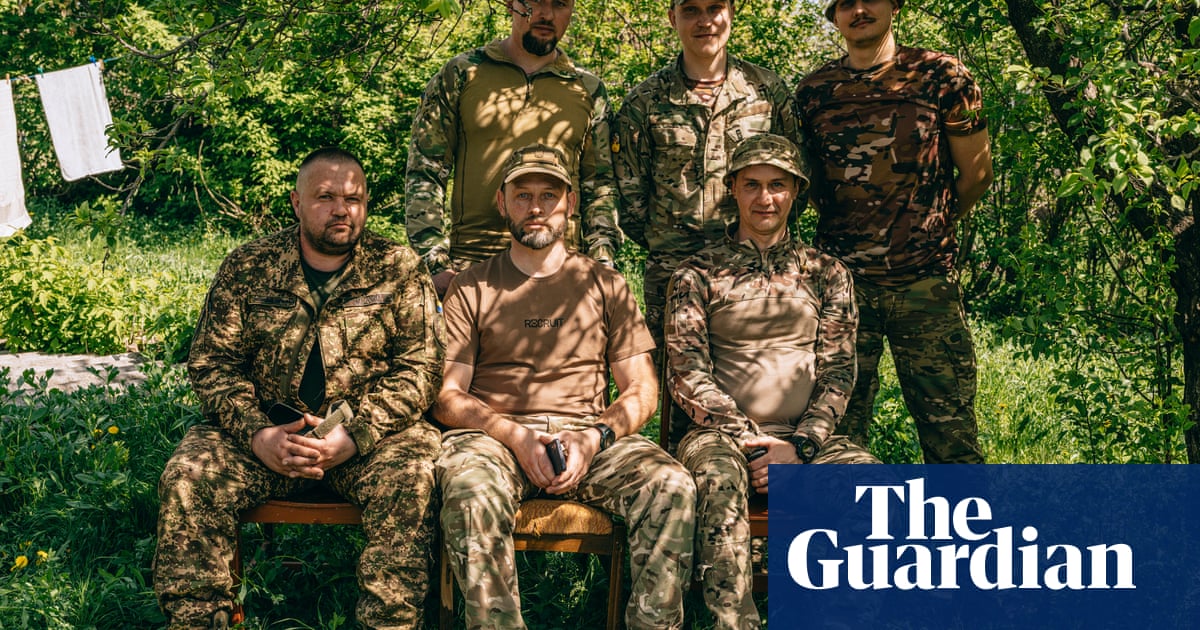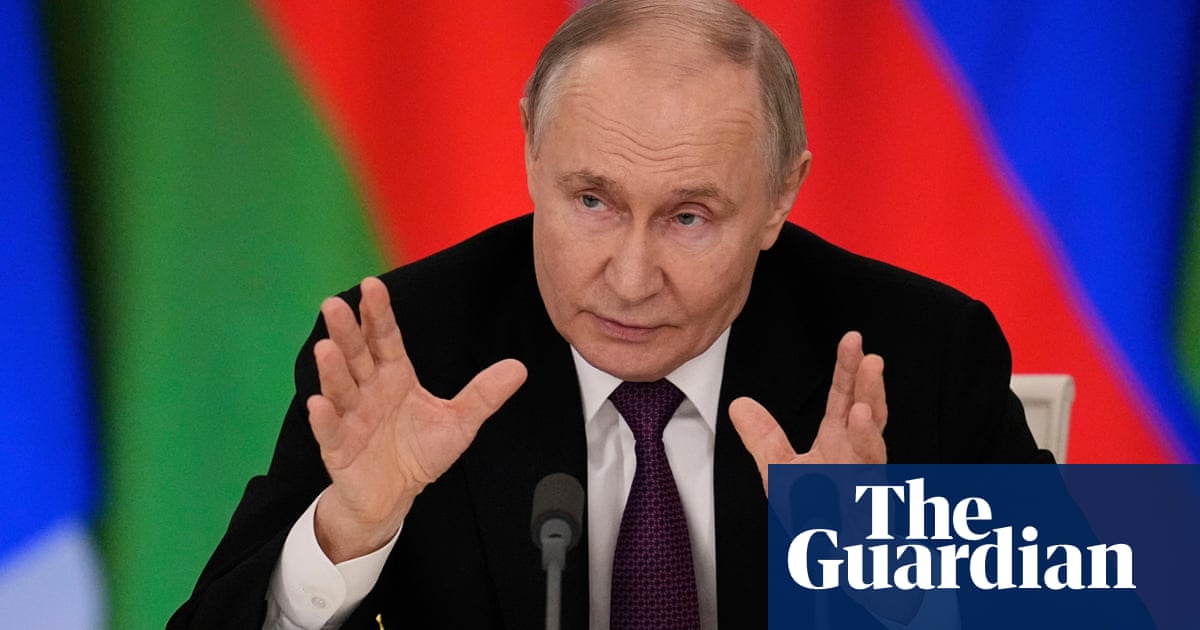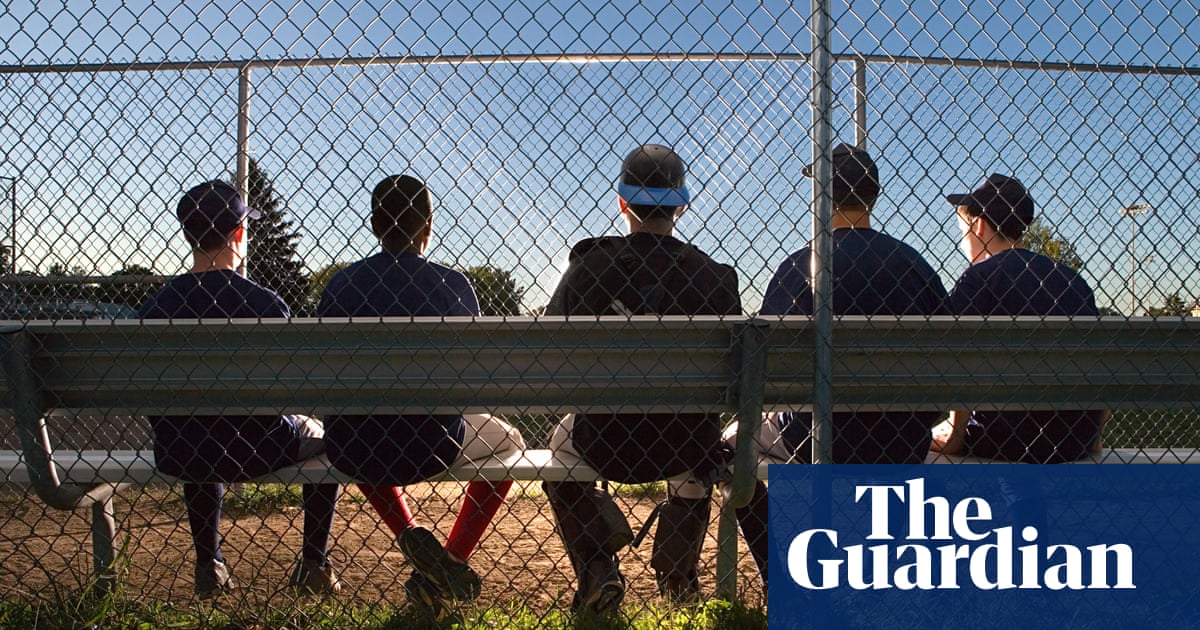The UN special envoy for Syria will urge the security council to back a transition to a pluralist democratic Syria, but faces resistance within the country. The interim government fears the lifting of sanctions will be tied to excessive demands imposed by the west, with suspicion of the UN deeply embedded after what are seen as its failures during 14 years of civil war.
Ahmed al-Sharaa, the country’s de facto leader, has told Gulf and western states that his group, Hay’at Tahrir al-Sham (HTS), long ago transformed itself from a Salafi jihadi group in Idlib province to a technocratic force willing to accommodate all Syrians.
Western leaders and the UN, however, are reluctant to go further than temporary waivers on some sanctions without clearer guarantees about the nature of the transitional government due to take power in March.
The German foreign minister, Annalena Baerbock, last week insisted during a visit to Damascus that Berlin could not fund a Syria under Islamist structures, saying women’s rights were the yardstick by which HTS will be judged.
Syria may face no choice but to accept Europe’s blend of carrots and sticks – a similar warning will be issued when European leaders meet with the US in Rome on Thursday to discuss sanctions waivers – but it may be more resistant to take lectures from the UN.
Rahaf Aldoughli, a Syrian specialist at Leiceister University, said the UN’s unpopularity is such that some civil society groups are reluctant to enlist its help. “Such were the atrocities, and so prolonged was the conflict, you feel you cannot approach the UN for help because it failed you,” she said.
Syria in Transition, one of the magazines that documented the role of the UN in Syria, accused the organisation of having “reinforced the false narrative that Bashar al-Assad had emerged as the war’s victor, thereby positioning gradual normalisation as the logical next step”, while others have noted the widespread belief that UN aid delivery was an arm of the Assad government.
One survey by Insecurity Insight revealed how allegations of complicity by UN officials with the Assad regime after the 2023 earthquake swiftly went viral, attracting hundreds of thousands of viewings.
The UN has always defended its aid programme inside Syria by arguing it had no choice but to deal with the regime to ensure aid was delivered.
But the UN’s unpopularity is something Sharaa has been willing to reference, telling Saudi state broadcaster Al Arabiya it had been ineffectual. “There has been a lot of suffering and there have been many attempts to fix the Syrian situation, but the UN and the international community failed to release a single prisoner in 14 years and failed to return a single refugee,” he said. “They failed to convince the regime of the slightest political solution that would serve the interests of the regime. So today the Syrian people have saved themselves.”
He also urged the UN not to burden Syrians with demands to follow outdated resolutions. In a meeting with Geir Pedersen, the UN special envoy, in Damascus on 15 December it mapped out a very different transition process to the one advocated by the body, suggesting no elections for as long as four years – two-and-a-half years longer than the timetable in UN resolution 2254.
On one level, Sharaa’s critique of the resolution as outdated is uncontroversial – its premise was to settle a now nonexistent dispute between the Assad government and Syrian opposition – but there are fears his approach may mask a deeper objection to the values of pluralism, secularism and inclusion it upholds. Resolution 2254 backs a Syrian-led political process to establish a credible non-sectarian government within six months, and elections within 18.
Sharaa’s longer timetable has a logic, even if it gives him a chance to consolidate power. He argues elections are premature without establishing appropriate infrastructure, including accurate population statistics and legal communication with Syrian communities abroad.
Aldoughli says she is less concerned by his timetable but “on edge” about what form of government he is proposing after March. “There is complete ambiguity and nothing is clear. It is very worrying,” she said.
HTS sources had briefed plans for a two-day, 1,200-strong national dialogue conference, including political figures, tribal sheikhs, artists, academics and representatives of young people and women due to be held on 4 and 5 January.
after newsletter promotion
The foreign minister, Asaad al-Shibani, confirmed on Tuesday that the conference had been postponed, explaining diversity was seen as a source of strength and more time was needed to prepare. The assurance may be key to unlocking the required western sanctions relief.
Michal Shammas, a Paris-based Syrian lawyer, said the impression had been given it had been redetermined that the conference would confirm Sharaa as leader.
Hadi al Bahra, the head of the UN-recognised Syrian coalition for revolutionary and opposition forces, said he received no invitation and Dima Moussa, the organisation’s vice-president, also expressed concerns.
“The Syrian people will not accept that any party monopolises power again, after the suffering they endured under the rule of the Assad family for more than 50 years, whether it was about a specific party, a specific family, a specific person or a specific ideology,” she said.

As more political exiles return from the UK, France, Germany and the US, other transitional roadmaps, often conceived in exile, are emerging. Sharaa has been meeting many of these groups, but it is a complex task to manage this explosion of plans – and the tensions are clear. Aref al-Shaal, a well-known Assad adversary and lawyer, says Sharaa, operating in a constitutional vacuum, is dangerously exceeding his authority.
The challenge for the UN and Pedersen is to support and channel the demands of Syrian civil society, but he can hardly call for a Syrian-owned process and then dictate its terms.
Shammas argued the key to state building will depend on fostering a Syrian national identity. “As long as we treat each other as majority, minorities, sects, religions and not as citizens, we remain vulnerable to external interference,” he said.

 3 months ago
56
3 months ago
56





